Premium Only Content
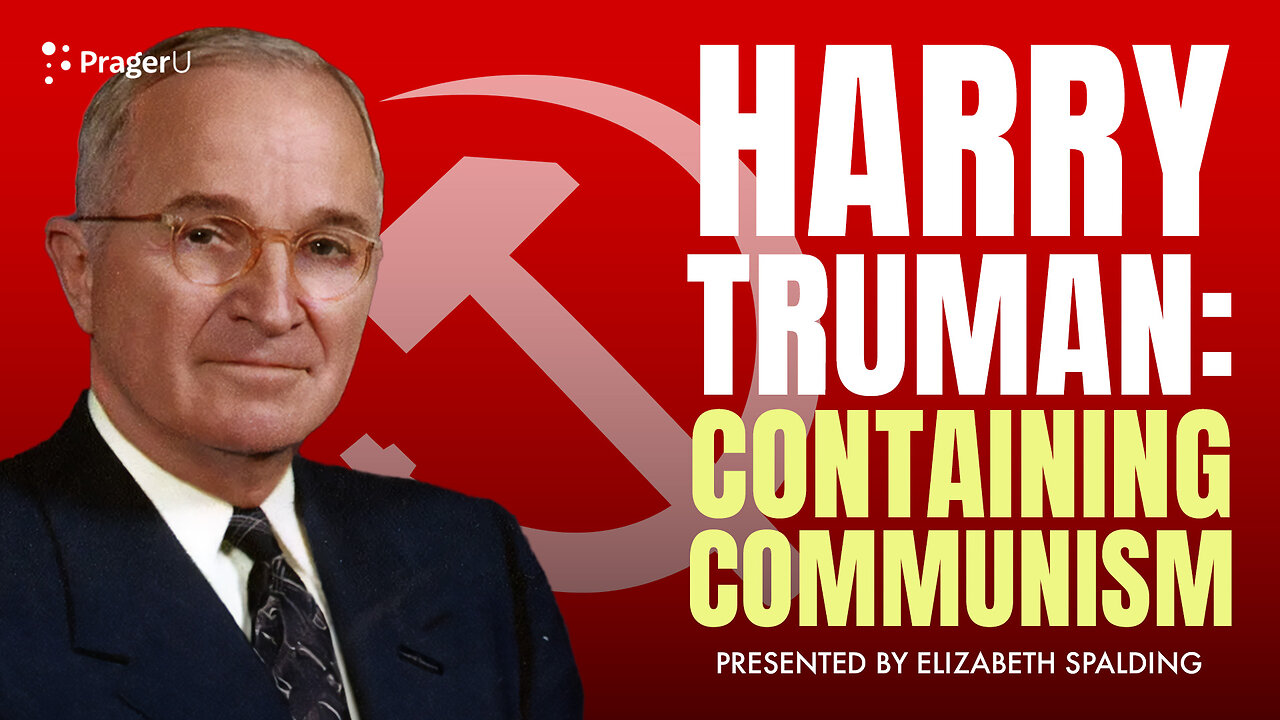
Harry Truman: Containing Communism | 5-Minute Videos
Harry Truman led America to victory in World War II, but a new challenge was looming: the spread of communism across the globe. Would America’s 33rd president retreat into isolation, or fight the new threat head-on? Elizabeth Spalding, senior fellow at Pepperdine University School of Public Policy, describes his decision and what it cost him.
Script:
Upon learning of Franklin Roosevelt’s death on April 12, 1945, Harry Truman was reported to have said, “I felt like the moon, the stars, and all the planets had fallen on me.”
It was only a slight exaggeration.
The decisions the 33rd president had to make in just the next four months would have crushed any normal person.
Managing the German surrender in May 1945, authorizing the use of the atomic bomb to end the war in the Pacific in August, and converting the economy from wartime to peacetime are just a sample of what he had to contend with.
It was also becoming clear that the Soviet Union was not going to be a partner in the postwar world. It was going to be an adversary bent on world domination.
Truman wasn’t about to let this happen.
The first order of business was to save Western Europe. Eastern Europe was already gone.
As Winston Churchill vividly described in March 1946, “...an iron curtain has descended across the Continent.”
Truman agreed with Churchill, committing the United States to containing the Soviet threat. This became known as the Truman Doctrine.
Around the same time, Truman’s most trusted advisor, Secretary of State George Marshall, returned from Europe deeply concerned. He found Germany in ruins, England bankrupt, and France and Italy in chaos. Marshall reported it would take an unprecedented effort by the United States to breathe life into a moribund European economy. Failure to do so would hand over the Continent to the Soviets.
Truman authorized $13 billion in economic aid, a phenomenal figure for the time. This became known as the Marshall Plan. And indeed, it accomplished its goal: the recovery of Europe, thwarting Soviet expansionism.
In May 1948, a new crisis emerged: a war was raging between the Arabs and the Jews. The UN was looking for a solution. The question before Truman: should the United States recognize the new state of Israel?
Marshall argued “No.” It would further antagonize Arab states. But Truman saw a moral issue – the Jews had suffered enough over the centuries, most especially in the recent Holocaust – as well as a Biblical and historical issue – this was the Jews’ ancient homeland.
Thanks to Truman, on May 14, 1948, America became the first country to recognize the Jewish state.
See the rest: https://l.prageru.com/3JWyAYf
Follow PragerU on social media!
Instagram ➡️ (https://www.instagram.com/prageru/)
Twitter ➡️ (https://twitter.com/prageru)
Facebook ➡️ (https://www.facebook.com/prageru/)
-
 2:55
2:55
PragerU
23 hours agoBill Maher: "Colleges Have Been Taken over by Ideologues”
12.4K7 -
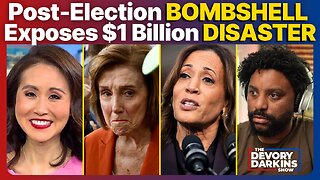 17:17
17:17
DeVory Darkins
19 hours agoKamala Post-Election BOMBSHELL Exposes $1 BILLION Campaign DISASTER
31.7K132 -
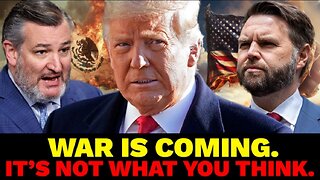 19:52
19:52
Stephen Gardner
1 day ago🔥HOLY CRAP! Trump just did the UNTHINKABLE!!
44.7K444 -
 4:34:55
4:34:55
Pepkilla
7 hours agoBlackops Terminus Zombies Boat Glitch
115K6 -
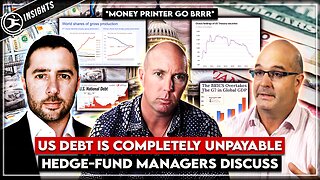 5:50
5:50
CapEx
19 hours ago $22.92 earnedWhat the Coming & Inevitable Sovereign Debt Crisis Means for YOU | CapEx Insider
108K25 -
 1:34:00
1:34:00
Tactical Advisor
8 hours agoAR15 Giveaway WINNER/Trump Winning | Vault Room Live Stream 008
73.2K27 -
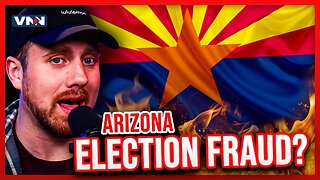 5:41:10
5:41:10
Vigilant News Network
10 hours agoOfficials CAUGHT Changing Ballots in Arizona | The Daily Dose
122K70 -
 17:30
17:30
Forrest Galante
1 day ago5 Most Dangerous Invasive Species in the World
91.2K53 -
 38:53
38:53
Popcorn In Bed
1 day agoTOP GUN: MAVERICK | FIRST TIME WATCHING | MOVIE REACTION
103K22 -
 0:56
0:56
scoutthedoggie
1 day agoAirsoft Tracer Wars
95.7K19